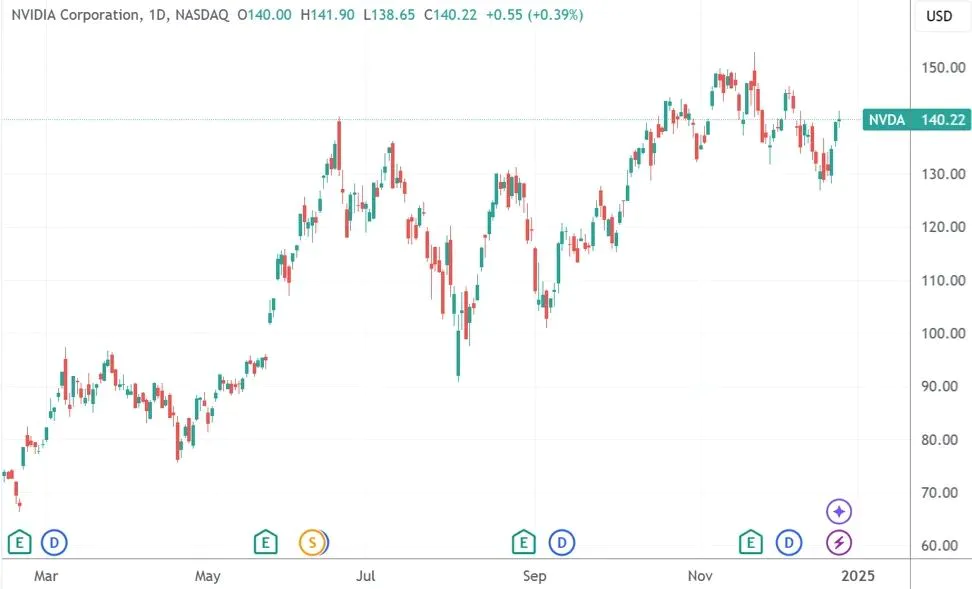Recently, the statement by Narayana Murthy, co-founder of Infosys, advocating for a 70-hour workweek, has sparked widespread controversy. The founder of the Indian IT giant not only reiterated his position but even boldly declared that he does not believe in the concept of "work-life balance."
Undoubtedly, these remarks have ignited fierce discussions about the culture of overwork.

Murthy’s Extreme Stance: The "70-Hour Workweek"
Before delving into the details, let's briefly introduce Infosys. Founded in 1981, Infosys is an Indian multinational IT company providing business consulting, information technology, and outsourcing services. Thanks to its strong performance, Infosys became India’s second-largest IT company, only behind Tata Consultancy Services (TCS), and on August 24, 2021, it became the fourth Indian company to reach a market capitalization of over $100 billion.
Back in October 2023, Murthy publicly suggested that young people should work 12 hours a day, making it the norm for the next few decades. He argued that diligence is the key to national development, and that individual hard work can directly improve the lives of the impoverished—a reflection of social responsibility in his view. This approach, he believed, would not only benefit the country's development but also support the growth of future generations. Murthy even cited Indian Prime Minister Narendra Modi, who works 100 hours a week, urging the public to follow his example.
At the time, Murthy’s appeal was seen as an extreme challenge to traditional workplace ethics. At the recent CNBC Global Leadership Summit, he reiterated his views: "I don’t believe in work-life balance… I will stick to this view until my last breath." Additionally, he expressed regret over the 1986 shift in India from a six-day to a five-day workweek, believing this policy weakened the nation’s competitiveness.
Murthy also cited his own experience: during his tenure at Infosys, he would arrive at the office at 6:20 AM and return home at 8:30 PM, working six and a half days a week. While acknowledging limited family time, he emphasized the "quality over quantity" of his interactions, noting that just one or two hours spent having dinner with his children each day was "very enjoyable."
However, Murthy’s extreme stance overlooks the fact that the Indian labor law prohibits a 70-hour workweek. It also stands in stark contrast to the modern notion of "work-life balance" promoted by today’s society.
Public Backlash: Does Long Working Hours Match the Pay?
Murthy’s comments quickly stirred up heated discussions on social media, with many netizens offering strong critiques and biting sarcasm.
"Is he asking people to work themselves to an early death, week after week?" one user commented, pointing out the risks of overwork. They stressed that exhaustion not only leads to mistakes but can also threaten one's life: "Work and life need balance so that people can recharge during work and remain focused."
Another user raised a more practical issue: "If I were paid the salary of a CEO, I’d have no problem working 70 hours a week." They argued that Murthy’s suggestion ignored the reality of average workers’ wages. Forcing employees to work excessively long hours while paying them standard wages is, in their view, a form of severe exploitation.
Others were more direct in their satire: "Sure, give everyone your salary and the Prime Minister's, and maybe then someone would accept it." This seemingly joking comment actually hit at the core issue: Should long working hours be matched with appropriate pay and benefits?
"Between a Raise and Time Off, I’d Choose the Latter"
As one netizen pointed out, Murthy’s stance misses a key issue: does the company provide sufficient compensation for employees working long hours?
A user sharply pointed out, "If workers are paid less than a dollar an hour, but expected to work 70 hours a week, it only ensures they’re dissatisfied and unproductive." Similar cases have emerged within Infosys itself: in August 2023, it was reported that Infosys had made thousands of new graduates wait for years before officially hiring them, during which time they were required to attend unpaid training for weeks.
The high cost of overwork is not a new issue. For example, Japan has faced incidents of death due to overwork, leading to the implementation of measures to prevent such tragedies. Many studies also show that long working hours lead to physical and mental exhaustion, an increase in error rates, and ultimately hinder long-term business growth. These findings clearly demonstrate that overwork harms both individual health and overall productivity.
A netizen shared their own experience: "I also worked close to 70 hours a week. Although the pay was good, I realized quickly that money is important, but time is far more precious." They emphasized that prolonged overwork can lead to not only health problems but also irreversible personal time loss. "If I could choose again, I’d choose time off over a raise."
Conclusion
Murthy's comments about working 70 hours a week have sparked a significant conversation about work culture, pay, and the importance of balancing work with personal well-being. While hard work may drive personal and national progress, overworking without adequate compensation and respect for personal time can lead to harmful consequences for both employees and organizations. The debate surrounding his views serves as a timely reminder of the need to reassess the value of work-life balance in modern societies.
Source: TechSpot Article







